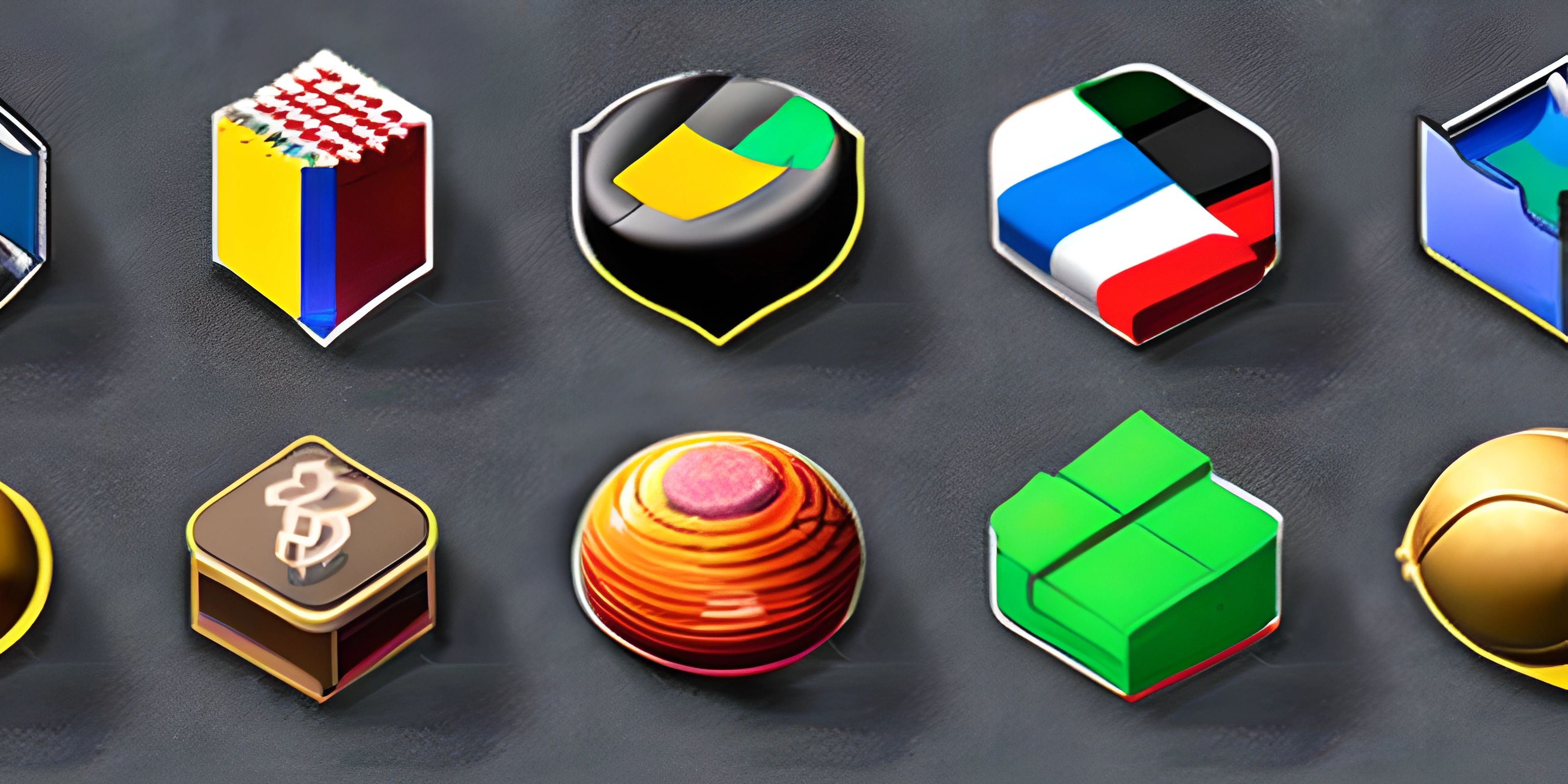Popular Programming Languages

Note: this page has been created with the use of AI. Please take caution, and note that the content of this page does not necessarily reflect the opinion of Cratecode.
Programming languages are the tools that allow us to build software, create websites, and develop applications. It's important to choose the right language for your project, as this can make a big difference in development speed, performance, and maintainability. In this article, we'll take a look at some of the most popular programming languages, their primary use cases, and what makes them stand out.
1. JavaScript
JavaScript is the undisputed king of web development, responsible for adding interactivity to websites. It's an essential tool for front-end developers, and with the help of Node.js, it's also commonly used in back-end development. JavaScript's ubiquity, ease of learning, and vast ecosystem of libraries and frameworks are just a few reasons for its immense popularity.
2. Python
Python is renowned for its readability and simplicity, making it an excellent choice for beginners. It's a versatile language that's widely used in web development, data analysis, artificial intelligence, and more. The immense popularity of Python is due in part to its extensive standard library and the availability of numerous third-party packages, which make complex tasks a breeze.
3. Java
Java is an object-oriented programming language that has been around for decades, and it's still going strong. It's the language of choice for many large-scale enterprise applications, thanks to its platform independence and robustness. Java's popularity stems from its widespread use in the corporate world and the massive community of developers that contribute to its ecosystem.
4. C++
C++ is a powerful programming language that offers a mix of high-level abstractions and low-level memory manipulation, making it ideal for performance-critical applications such as games, simulations, and embedded systems. It's an extension of the C language, adding object-oriented features and other enhancements. C++ is popular among developers for its flexibility, performance, and extensive standard library.
5. C#
C# is a versatile programming language developed by Microsoft, designed to be easy to learn, reliable, and efficient. It's the primary language for developing Windows applications and is also popular for game development with the Unity engine. C#'s popularity comes from its strong integration with the .NET framework, making it a go-to choice for many Windows-based projects.
6. Ruby
Ruby is a dynamic, object-oriented programming language that focuses on simplicity and productivity. It's best known for the Ruby on Rails web development framework, which has attracted a large community of developers. Ruby's popularity can be attributed to its elegant syntax, ease of use, and the strength of the Rails framework, which makes web development fast and enjoyable.
7. Go
Go, also known as Golang, is an open-source programming language created by Google. It's designed for systems programming, with a focus on simplicity, efficiency, and strong support for concurrent programming. Go has gained popularity for its ease of use, excellent performance, and suitability for building scalable web services and distributed systems.
8. Swift
Swift is a modern programming language developed by Apple, designed to be fast, safe, and easy to read. It's the language of choice for iOS, macOS, watchOS, and tvOS app development, and has been steadily gaining popularity since its introduction in 2014. Swift's popularity is driven by its performance, safety features, and strong backing from Apple.
These are just a few of the most popular programming languages today. There are countless others, each with its own strengths and weaknesses. The best language for your project will depend on your specific needs and goals, so take the time to research and explore your options before making a decision.
Hey there! Want to learn more? Cratecode is an online learning platform that lets you forge your own path. Click here to check out a lesson: Web Frameworks (React) (psst, it's free!).





